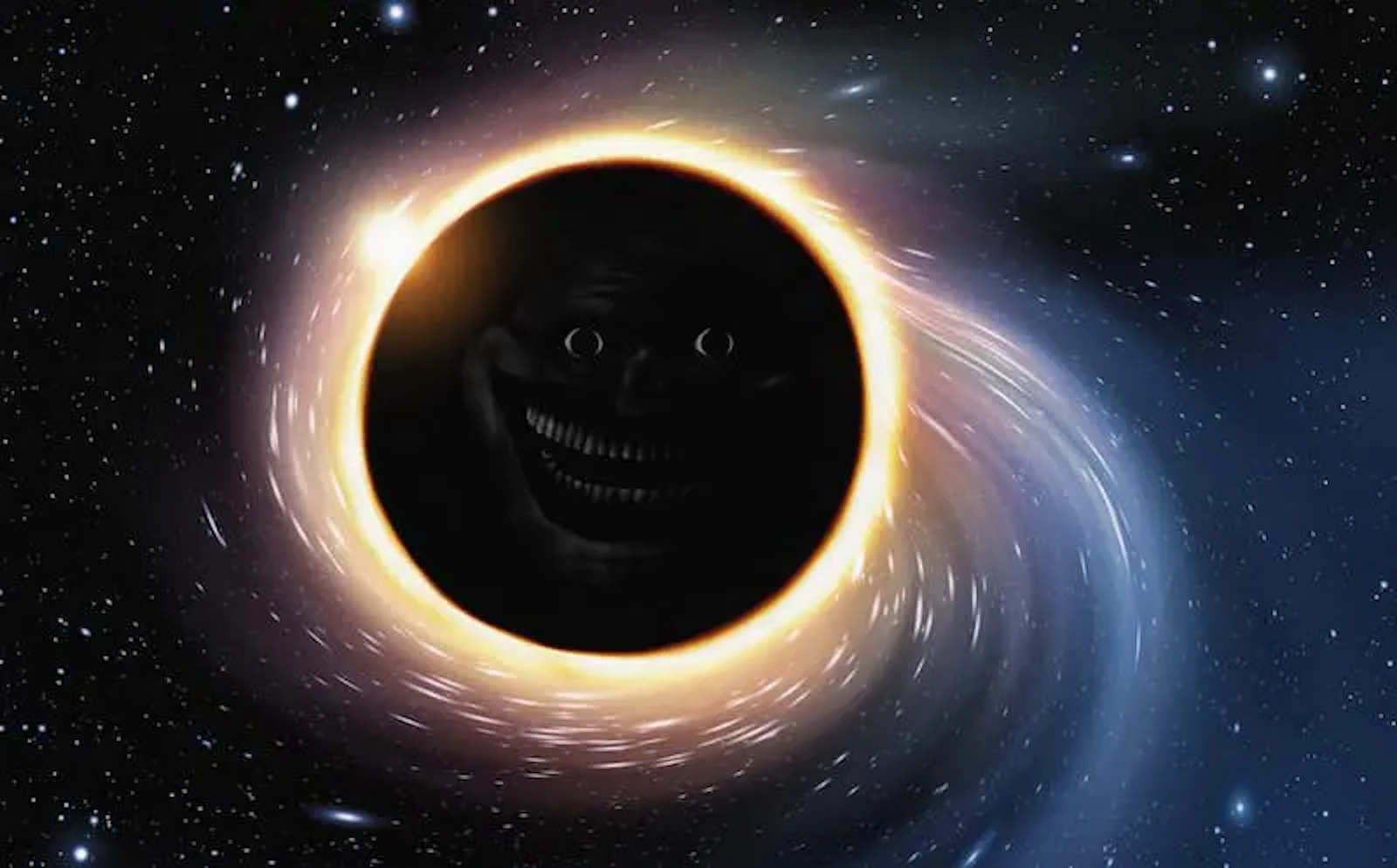Can we hear the sound of a black hole? Although these kinds of phenomena are known for their powerful gravitational pull, it is possible to hear what a black hole sounds like. NASA did this by turning astronomical data into sound. It is true that humanity is in its infancy when it comes to space exploration. However, the progress made in the last decade is very significant.
SEE ALSO:
- Study: These Stars Could Be Showing Hints of Advanced Alien Civilizations
- A potentially habitable exoplanet discovered a short distance from Earth

How much do we know about black holes?
The exploration of the Cosmos has received an enormous boost thanks to the rapid development of technologies and devices. Today, humans can look farther into the Universe than ever before. And in the titanic mission to understand the place we inhabit, black holes perhaps stand out among the most critical phenomena.
It is estimated that, in our region of the Universe, there are around 100 billion supermassive black holes. And, until relatively recently, we learned that it is very likely that at the center of every galaxy is one of these gigantic devourers. The closest black hole to Earth is located about 28,000 light-years away, at the center of the Milky Way.
While the most distant black hole detected so far is billions of light-years away, in a quasar. For many reasons, black holes are very interesting to humanity. Starting with the fact that we don’t know what’s inside a black hole.
And we don’t even have a photograph of one, because they have so much gravitational power that not even light can escape. The only thing we can observe is the matter surrounding the black hole, in its accretion disk. Some researchers believe that black holes could be used as wormholes to travel great distances to other galaxies and even universes. Certain theories have suggested the possibility that black holes host entire universes. Obviously, these are just conjecture.
The sound of a black hole.
Based on their size, black holes are classified into four types: supermassive, medium, stellar, and microholes. Generally, black holes form after the death of a star. In the final phase of their existence, stars tend to expand, lose mass, and cool down to become white dwarfs.
However, stars that have a lot of mass, 10 or 20 times larger than our Sun, end up becoming stellar black holes or neutron stars. Despite all the unknowns surrounding a black hole, we know some details about them, such as their sound.
Since 2003, the black hole at the center of the Perseus cluster has been used to capture the sound of these space devourers. This sound is produced by pressure waves in the hot gas in the cluster. It is inaudible to the human ear, but it can be interpreted by astronomers as a note. And with the right sonification, they practically turn a black hole into a sound machine.
How to listen to a black hole?
In 2022, as part of NASA’s Black Hole Week, the U.S. agency published a new sonification of a black hole. This audio piece was created from data obtained by the Chandra X-ray Observatory. And, according to NASA, it’s different from the previous ones.
We know that most of space is, essentially, a vacuum. This means that there is no medium through which sound waves can travel. It is from this idea that the mistaken belief arises that there is no sound in space. Well, in reality, in a galaxy cluster there are enormous amounts of gas surrounding hundreds or even thousands of galaxies. These conditions provide a medium for sound waves to travel.
In this sonification of Perseus, previously identified sound waves were extracted and converted into audible information. The extraction was done radially, so the sound waves go from the center outwards. The scientists then resynthesized the signals to make them audible to the human ear.
This required raising them 57 to 58 octaves above the actual pitch. You’re hearing frequencies 144 trillion and 288 trillion times higher than the original



Comments